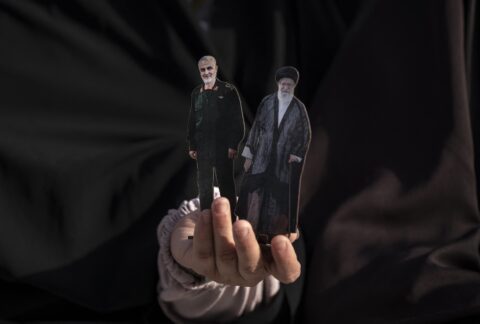FARC guerrillas seek to influence the 2010 presidential election by releasing hostages “a few at a time,” Colombian Defense Minister Juan Manuel Santos warned today.
FARC Seeks to Influence 2010 Elections, Colombian Defense Minister Warns
February 11, 2009








